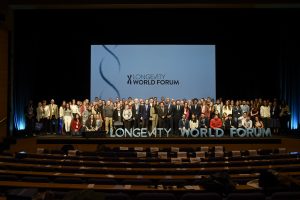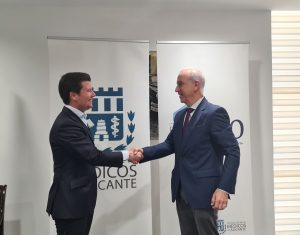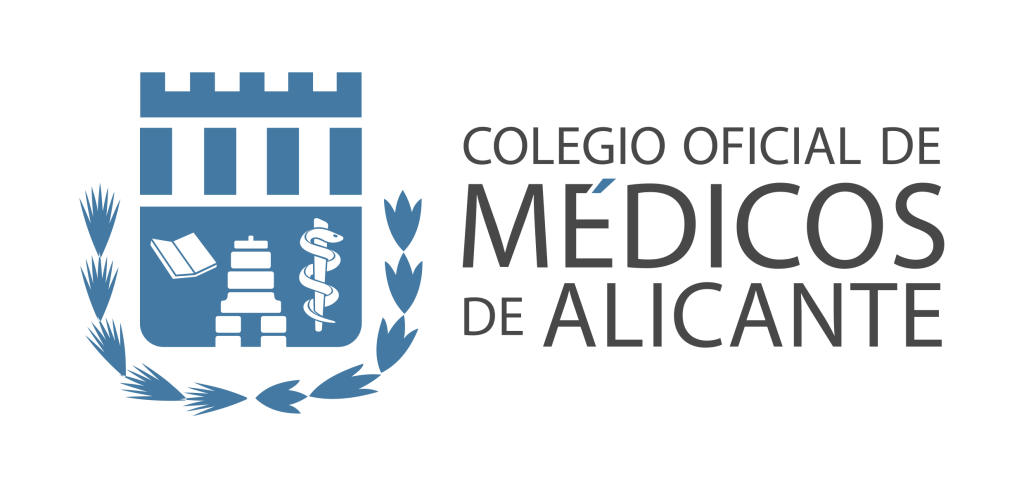A scientific congress and, at the same time, a space in which to connect with society and share the latest breakthroughs for a longer and better life expectancy. In short, this is the aim of the Longevity World Forum, the international forum on human longevity that, for the second year, has chosen Valencia as its venue. Specifically, the main event has taken place on 14 and 15 November at the city’s Palacio de Congresos (Conference Centre).
“This congress covers all the aspects involved in this subject, from academia to industry. The public authorities have responsibility with regard to aging, since we must care for the wellbeing of the population. A longer-living society is a challenge for the welfare state and an opportunity for economic development. It is an honour to receive leading professionals here, in Valencia, to share their knowledge,” explained Carolina Pascual Villalobos, councillor for Innovation, Universities, Science and Digital Society, at the inauguration of this year’s conference.
Mercedes Hurtado, president of the Professional Association of Physicians of Valencia, highlighted the importance of “sharing experiences, knowledge and strategies” with a view to gaining quality of life. “Slowing the aging process has always been a concern for humanity. Working together in this direction is synonymous with success,” she affirmed. Likewise, Manuel Pérez Alonso, professor of genomics of the University of Valencia and member of the organising committee, remarked on the need for a congress of this type. “We must communicate with society on such an important topic as longevity. Spain is one of the most long-living countries and we will soon be included in the worldwide classification. We hope to live longer and to do so with better health, for aging to stop being associated with suffering from illness,” he concluded.
A congress with a holistic vision
The Longevity World Forum is divided into different thematic sessions to explain the scientific innovation currently being applied in the field of longevity and analyse the social and economic effects implied by growing life expectancy, among other matters. To this end, the congress will be attended by eminent participants such as Pura Muñoz, researcher of the Spanish National Centre for Cardiovascular Research (CNIC), who has this year received the Jaume I Prize for Medical Research for her contributions on the molecular mechanisms of aging, and Manuel Collado, head of the cancer and aging stem cell laboratory at the Health Research Institute of Santiago (IDIS), who has recently discovered that an active ingredient extracted from Digitalis or foxglove is able to selectively eliminate senescent cells.
Leading names on the international scale include Rafael de Cabo, chief of the Translational Gerontology Branch of the National Institute on Aging in Baltimore (USA); Maria Entraigues Abramson, Global Outreach Coordinator of SENS Research Foundation (USA); Bruno Vellas, doctor of the Aging Unit and chairman of the Gerontopole at the University Hospital of Toulouse (France); and Álvaro Pascual-Leone, professor of Neurology at the Harvard Medical School (USA); among others. Furthermore, attendees will hear the testimony of Liz Parrish, the “patient zero” of the first successful gene therapy against aging.
Opening with an international symposium at the Príncipe Felipe Research Centre
The second edition of the Longevity World Forum included a symposium by way of an opening event, which took place at the Príncipe Felipe Research Centre on the afternoon of Wednesday 13 November. This event saw the sharing of new research models on longevity by renowned scientists such as María Blasco, director of the Spanish National Cancer Research Centre (CNIO), whose team has recently managed to increase longevity without genetic intervention on mouse models born with longer than usual telomeres.





